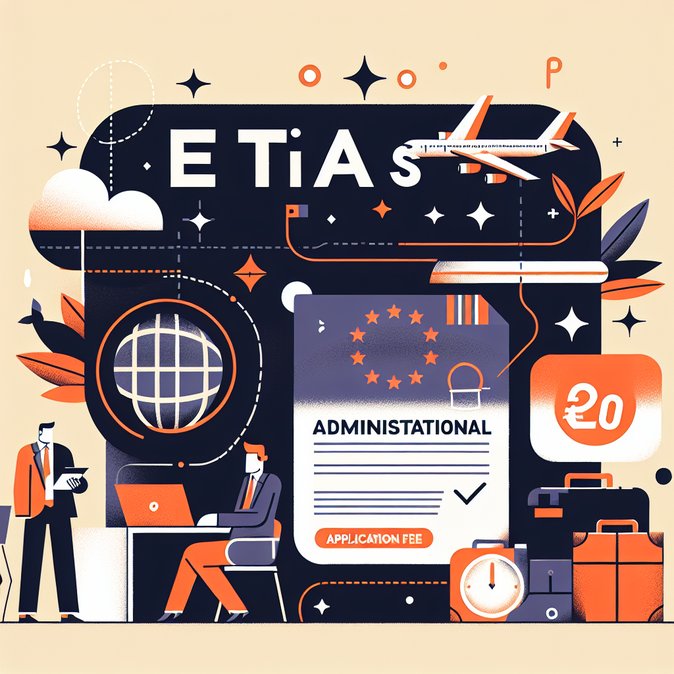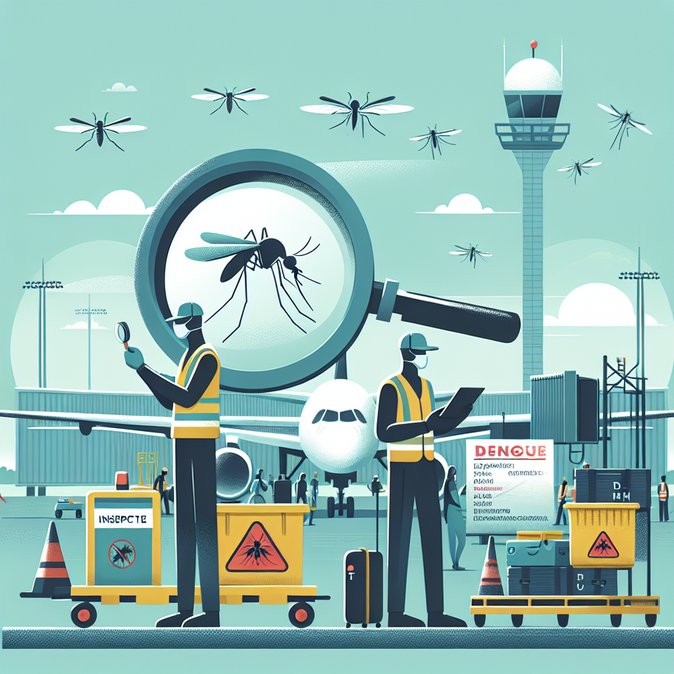
Travel & Tour World reports that Switzerland has joined Italy and several EU partners in confirming that the European Travel Information and Authorisation System (ETIAS) will launch with a €20 fee—almost triple the original €7 estimate—when it becomes operational in late 2026. Although the scheme is still a year away, the news is critical for mobility planners because it affects all visa-exempt travellers, including U.S., U.K. and Canadian assignees destined for Italian projects.
Under ETIAS, applicants will complete an online form at least 96 hours before departure; most approvals will be issued within minutes and remain valid for three years. The higher fee, EU officials say, reflects inflation and added cybersecurity features.
![ETIAS Fee Hike and 2026 Roll-out: What It Means for Italy-Bound Travellers]()
For companies that rotate large numbers of short-term specialists through Italy, the fee increase could raise costs, but the bigger impact will be administrative: failing to secure ETIAS clearance will be a carrier-liable offence, meaning airlines must deny boarding. Mobility teams should therefore update pre-trip checklists and consider bulk-application services.
Given Italy’s reliance on transatlantic tourism and project-based business travel, industry groups are lobbying Brussels for a phased grace period, but no concessions have yet been confirmed.
Under ETIAS, applicants will complete an online form at least 96 hours before departure; most approvals will be issued within minutes and remain valid for three years. The higher fee, EU officials say, reflects inflation and added cybersecurity features.

For companies that rotate large numbers of short-term specialists through Italy, the fee increase could raise costs, but the bigger impact will be administrative: failing to secure ETIAS clearance will be a carrier-liable offence, meaning airlines must deny boarding. Mobility teams should therefore update pre-trip checklists and consider bulk-application services.
Given Italy’s reliance on transatlantic tourism and project-based business travel, industry groups are lobbying Brussels for a phased grace period, but no concessions have yet been confirmed.


